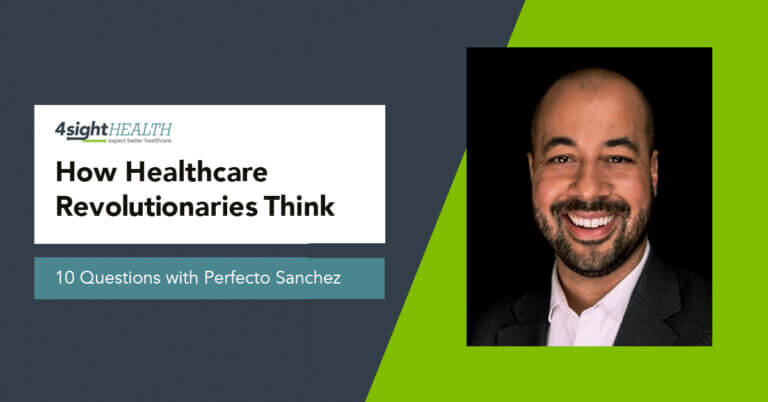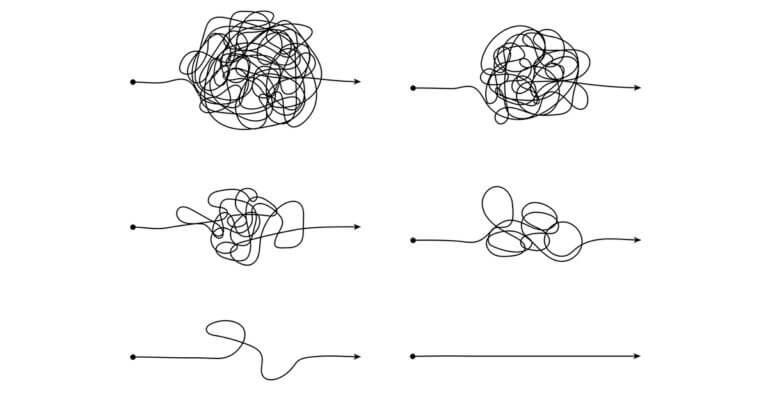October 2, 2024

What Your Patients Age 65 and Older Want From You
I don’t like old people (with the notable exception of my mother). I admitted that deep character flaw in a previous blog post that traced my distain for seniors to an incident on a golf course many years ago. I’m also sure it has something to do with The Who singing, “I hope I die before I get old,” in My Generation, and the fact that I turn 65 next year and enter an entirely new age bracket that ends with “…and older.”
As it turns out, old people are not much for me. Well, at least the healthcare system as it currently exists, which I consider myself to be a part of because I’ve written about it for more than 40 years now.
That’s my takeaway after reading a 52-page report called Meeting the Growing Demand for Age-Friendly Care: Health Care at the Crossroads. The report is based on a survey of 5,023 adults age 18 “and older” by The John A. Hartford Foundation and the senior advocacy group Age Wave. Of the survey pool, 2,516 of the respondents, or half, were 65 “and older.”
The 2,516 respondents age 65 “and older,” here’s the percentage of them that gave various aspects of the healthcare system a C (average), D (needs improvement) or F (failing) grade:
- Out-of-pocket healthcare costs: 58%
- The healthcare system overall: 53%
- Choice and control over care received: 37%
- Hospitals and clinics: 34%
- My health insurance: 30%
- Quality of care received: 27%
- My healthcare providers (doctors): 21%
That’s a lot of seniors who think these various aspects of the healthcare system are average at best.
Another survey question dug into the why. Here’s the percentage of the 65 “and older” respondents who said they “strongly” or “somewhat” agree with the following statements:
- The healthcare system is more concerned with making money than providing good quality care: 74%
- One of my greatest worries is not being able to afford future health and long-term care needs: 68%
- Health insurance plans provide too many confusing choices: 62%
- It is difficult and stressful to navigate the healthcare system: 56%
- The amount of time my healthcare providers are able to spend with me is too short: 34%
- I feel like visiting and communicating with the healthcare system has become my part-time job: 34%
- I need someone who can help me navigate and coordinate my healthcare and health insurance: 31%
Finally, asked what healthcare delivery models are they most interested in that would address many of their criticisms, here’s the percentage of the 65 “and older” respondents who mentioned the following:
- A medical center where you can visit your primary care physician and common specialists on the same day: 51%
- Prescription delivery to your home via mail order or same-day delivery service: 36%
- Walk-in clinics: 23%
- Self-administered, at-home testing: 22%
- Transportation to/from healthcare providers’ offices: 20%
- At-home healthcare visits for preventative or non-urgent matters: 20%
- Telehealth: 20%
- Hospital-at-home: 15%
- Mobile clinic that visits your neighborhood, work or nearby shopping center: 8%
The bottom line? When you put it all together, old people think the healthcare system costs too much and doesn’t give them the affordable and convenient high-quality care that they want.
In that regard, I guess old people are just like me and everyone else.
Thanks for reading.
To learn more about this topic, please read:





